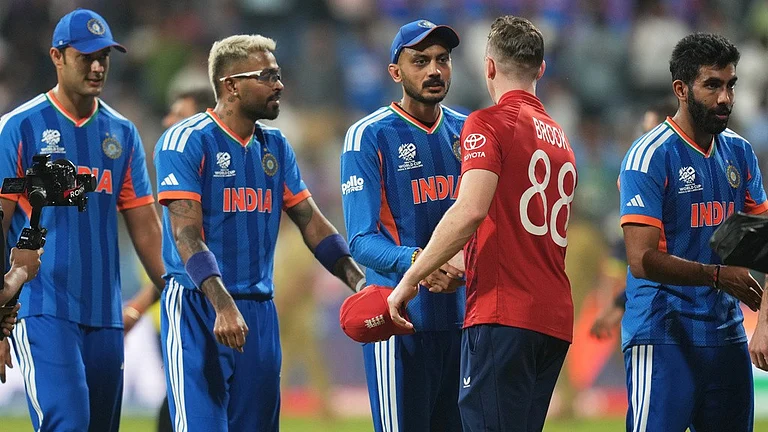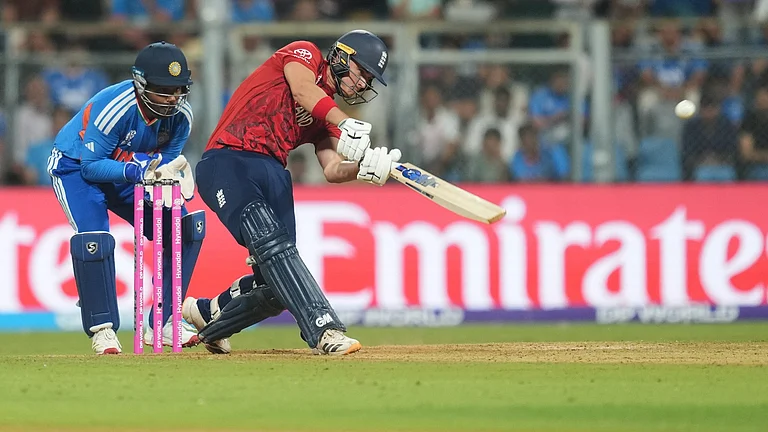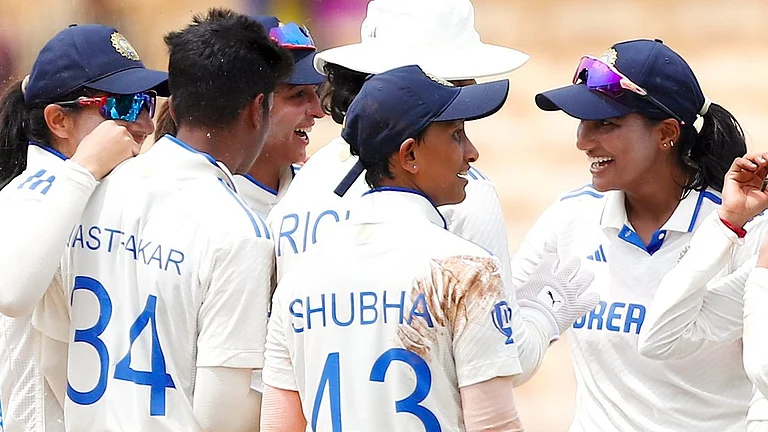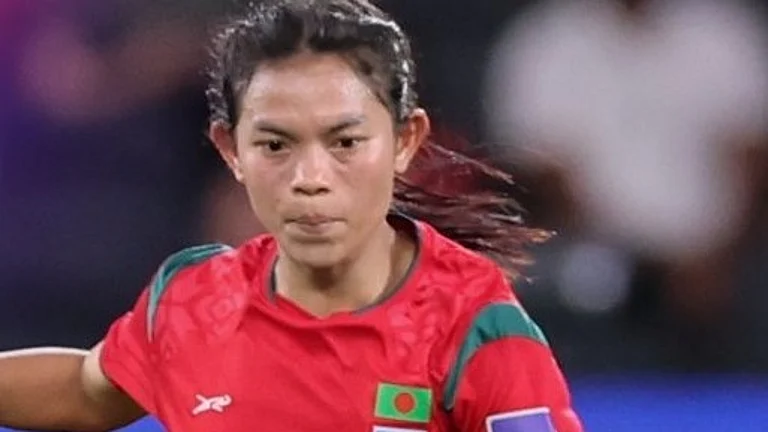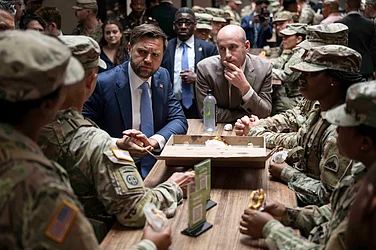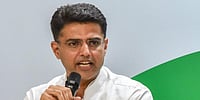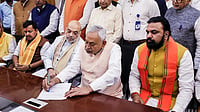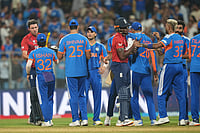The North Atlantic Treaty Organization (NATO) has said that the Russian President Vladimir Putin will cross a "very important line" if he uses nuclear weapons in Ukraine War.
The comments come amid repeated threats from Putin over the use of nuclear weapons. The NATO has just held the deliberations of its top nuclear weapons body and is in the process of organising its annual nuclear weapons drills.
NATO is holding its exercise "Steadfast Noon" next week. The long-planned maneuvers are conducted around the same time every year and run for about one week. They involve fighter jets capable of carrying nuclear warheads, but do not involve any live bombs. Russia usually holds its own maneuvers around the same time, and NATO is expecting Moscow's exercise of its nuclear forces sometime this month. NATO chief Jens Stoltenberg said NATO will "closely monitor" what Russia is up to.
Asked what NATO would do if Russia launched a nuclear attack, Stoltenberg said, "We will not go into exactly how we will respond, but of course this will fundamentally change the nature of the conflict. It will mean that a very important line has been crossed."
Stoltenberg added that "even any use of a smaller nuclear weapon will be a very serious thing, fundamentally changing the nature of the war in Ukraine, and of course that would have consequences".
The small weapon is a reference to what are called tactical nuclear weapons (TNWs). These are short-range weapons with low yield for individual battlefied situations.
Key NATO nuclear group meeting
Stoltenberg's remarks came after a meeting of NATO's secretive Nuclear Planning Group (NPG), which was held among defense ministers in Brussels, as concerns deepen over Putin's insistence that he will use any means necessary to defend Russian territory, which is understood as a reference to nuclear weapons.
Most notably, the statement was repeated when Putin announced the annexation of four Ukrainian regions. By formally claiming those regions as their own, it's believed that Putin could claim that anyu attempt to retake that area is an attack on Russia. Under this pretense, Putin could then step up the war efforts, with the use of nuclear weapons not being ruled out.
The meeting, which usually happens once or twice a year, comes against a backdrop of high tension as some NATO allies, led by the United States, supply Ukraine with advanced weapons and munitions to defend itself against Russian aerial attacks.
"Irresponsible and reckless rhetoric is dangerous," US Defense Secretary Lloyd Austin said of Russian threats to potentially use nuclear weapons in Ukraine. However the United States has not seen the need to make any changes to its current military posture or response, Austin said.
NATO is keeping a wary eye on Russia's movements in its war with Ukraine, but has so far seen no change in its nuclear posture. Putin's nuclear exercises though could make it more difficult for NATO to understand what Russia's intentions might be, potentially increasing the risk of an accident.
"Russia will also be conducting its annual exercise, I think, the week after or just after the annual exercise. This is a routine exercise and it's all about readiness," said UK Defence Secretary Ben Wallace on Wednesday. But he added that "what we don't want is to do things out of routine".
He further said, "NATO's meeting is all about making sure we are ready for anything. I mean, that is the job of this alliance — to make sure that the 30 partners together are ready for what is thrown at us. And we have to continue to work at that."
Fourteen NATO member countries will be involved in "Steadfast Noon", which was planned before Russia invaded Ukraine on Feb. 24. The main part of the maneuvers will be held more than 1,000 kilometers (625 miles) from Russia.
NATO as an organization doesn't possess any weapons. The nuclear weapons nominally linked to the alliance remain under the firm control of three member countries — the US, the UK and France. But France insists on maintaining its nuclear independence and doesn't take part in Nuclear Planning Group meetings.
How the West would respond to Russian nuclear strikes?
Though Putin has made repeated threats of using nuclear weapons and the West is taking these threats seriously, the intelligence reporting so far does not indicate that Putin has ordered preparation for such a strike.
The West through its network of satellites monitors Russian nucler sites. Unlike the United States, which relies on submarines armed with intercontinental ballistic missiles for a large part of its arsenal, most of Russian nuclear forces consists of land-based missiles. Some are mounted on mobile launchers that can be tracked, but many are in silos, making launch preparations more difficult to discern.
It's not sure how the West would react in case a nuclear strike is carried out by Russia. There are two approaches, one is of further economic punishment and second is of a proportionate response with a retaliatory strike. However, the second option risks escalation of a nuclear war between Russia and the West.
The idea behind Putin using nuclear weapons is that it would stop the Western aid for Ukraine and force Ukraine into surrender.
"What you're trying to do is control the escalation, so if they hit you, you are going to have to respond — and you want to respond in such a way that prevents their further response. If you respond too weakly, well, have you really deterred them from responding? Or have you encouraged them? You make it very specific," said Arms control export Joe Cirincione to Washington Examiner, adding such a response would target, for example, the actual air base in Russia from which the strike originated.
He added, "So you're not targeting Putin. You're not targeting Moscow. You’re going after the people who launched a strike. It’s a very specific escalation."
Outlook earlier noted that sanctions instead of nuclear strike is likely to be ineffective as sanctions so far have not stopped Russia from waging a war.
In an interview with France 2 television, French President Emmanuel Macron suggested that France would not respond with a nuclear strike. He also warned about the responsibilities of leaders when it comes to nuclear rhetoric and said he has spoken to Putin "several times".
He said, "We have a (nuclear) doctrine, which is clear. The dissuasion is working. But then, the less we talk about it, the less we brandish the threat, the more credible we are. Too many people are talking about it."
(With AP inputs)



